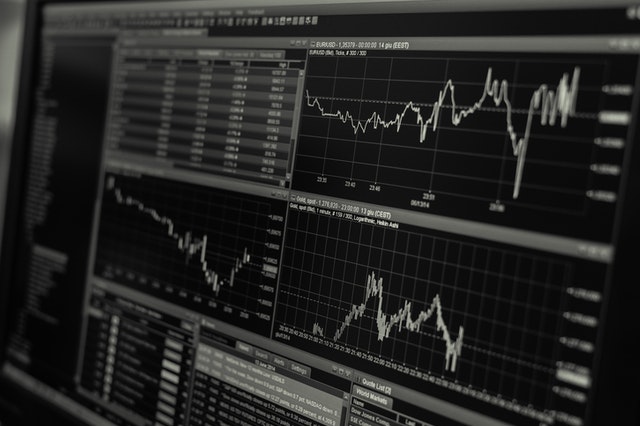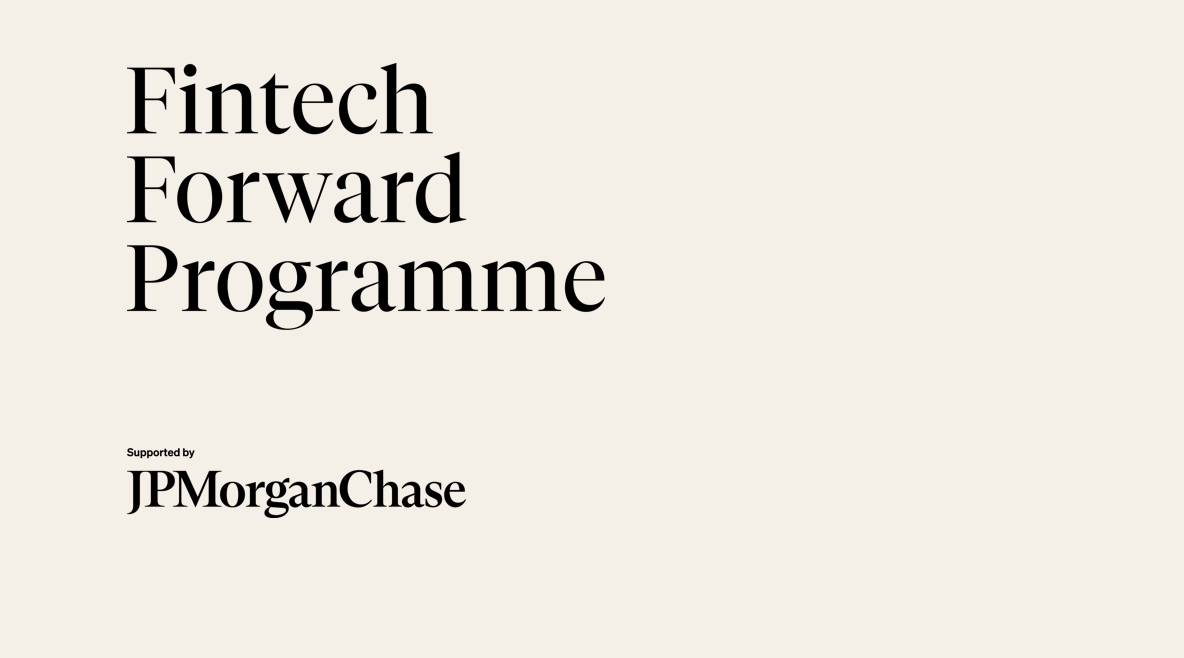How Fintech Will Shape The Future Of The Forex Market

Among mainstream investing opportunities that exist outside of the stock markets, forex trading has long been a popular option. Today, this market is the most liquid in the world, and handles a massive amount of trading activity. But it’s also a market that has evolved over the years with some thanks to technology ”” which makes it one to watch as we observe how fintech continues to develop.
The earliest sign of technology helping to expand the forex market, aside from the actual beginning of the internet age, was perhaps the emergence of smartphones and the accompanying apps. Home Business wrote a piece just two years ago covering mobile tech’s effect on the world of investing. Basically, the idea is that the connectivity phones now provide give investors unceasing access to financial markets, which in turn leads to greater liquidity and volatility. This is absolutely the case in the forex market, which traders tap into from all over the world at all hours of the day.
Alongside the involvement of mobile devices, investment markets have also seen the rise of a growing number of accessible tools and analysis that can simplify the trading process (and in some cases even make it easier to generate gains). For instance, the same article from Home Business pointed out that mobile algorithms and applications are now available, and can often provide automated glimpses of the best trading strategies. And regarding forex specifically, FXCM shows how readily available profit calculators can now provide near-instantaneous clarification of the profit and loss potential of any given trade. This enables investors to make mathematically strategic decisions far more efficiently than in the past.
These are all examples of tech’s increasingly large role in investments, and in the forex market in particular. And while they don’t necessarily fit into what we now think of as fintech, they helped to pave the way for some of the fintech-related changes we’re beginning to see in how the modern forex market actually functions.
For an existing example, we can turn to our overview of Fexco, which is currently one of the world’s most established fintech companies. Fexco includes foreign exchange sectors among the areas it provides services to, and specifically helps to facilitate cheaper and more reliable transactions. It does so, as we noted in the overview, via the PayDirect portal, which is certified for information security. In simple terms, this is an example of tech-based secure transfer enhancing the appeal of forex transactions.
In the near future, we may see more examples like this, including some that take advantage of newer and more innovative pay transfer technologies. Specifically, it’s become increasingly likely that banks and private companies facilitating forex trades are going to take advantage of the blockchain. Business Insider spoke about this last year, making a note that HSBC had already “settled $250 billion in FX trades” using the blockchain in 2018. That’s an almost shockingly large number that would seem to indicate that this method of transfer is well on its way to widespread use. And the blockchain, some would argue, is the very definition of modern fintech.
As we look forward, there’s no reason to suspect anything but a deepening relationship between fintech and the forex market. Traders will continue to use the devices, tools, applications, and algorithms made available to them to make smarter and more informed decisions. And the investments themselves will continue to be carried out via the most secure and efficient technological methods.



